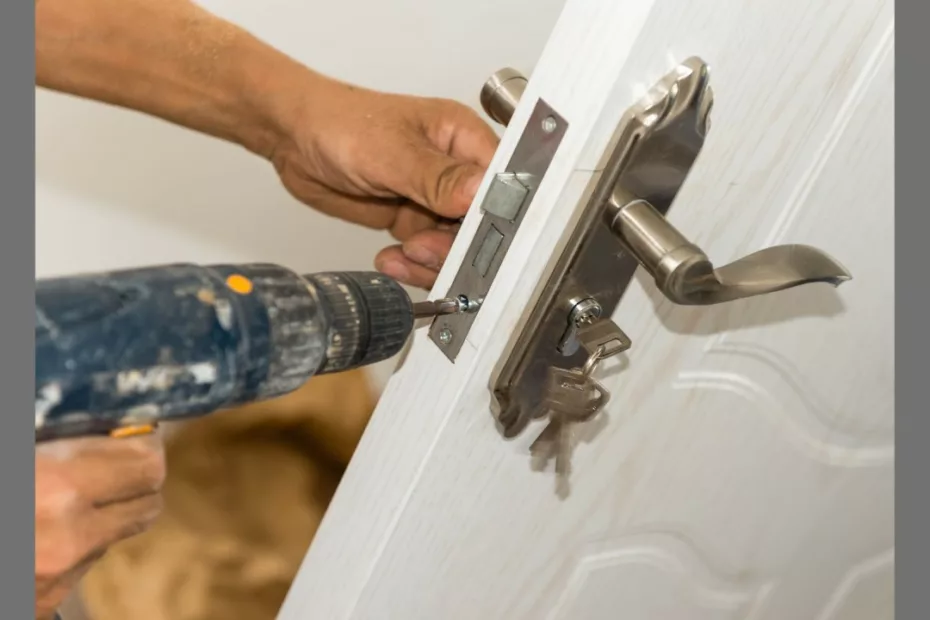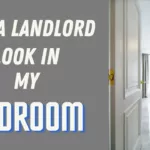Tenants often wonder if they can change the locks on their rental unit without the landlord’s permission. While the answer to this question may seem straightforward, it actually depends on various legal factors and considerations. In this article, we will explore the legal considerations if a tenant makes a change to the locks without the landlords permission. We will provide guidance on how to proceed to protect both the tenant’s rights and the landlord’s interests.
In most cases, the lease will say that a tenant cannot change the locks without the landlord’s permission. The tenant can change the locks without permission if the lease doesn’t mention it. Check local laws and regulations for your specific situation.
Changing locks as a tenant is a complex issue that involves various legal considerations and requirements. While the brief answer may provide a general idea, it is important to delve deeper into the specific circumstances, state and local laws, and lease agreement terms to fully understand the tenant’s rights and obligations. Whether you are a tenant considering new locks or a landlord looking to understand your obligations, this article will provide valuable insights and guidance.
Why Would Tenants Want to Change Their Locks?
Most standard tenancy agreements have provision for add new locks, obtaining a duplicate key, or handling other issues with the original locks. In general, a tenant should not change the locks without the landlords permission. That being said, Tenants may want to change their door locks for a variety of reasons.
Lost or Stolen Keys
Tenants may want to change their locks if they have lost their keys or if their keys have been stolen. Losing keys can be a frustrating experience and can also be a security risk if the keys fall into the wrong hands. In such cases, changing the locks is necessary to prevent unauthorized access to the rental unit.
Additionally, changing the locks can help tenants avoid having to replace all of their personal property if someone gains access to their unit with lost or stolen keys. By changing the locks, tenants can ensure that their rental unit is secure and that they are the only ones with access to their personal property.
Previous Tenants
With a tenant change, the new tenant may want to change their locks is if they are concerned about the former tenants having access to their rental unit. This can be a security risk, mainly if the previous tenant had a contentious relationship with the landlord or if they were evicted. Changing the locks can give tenants peace of mind and help them feel more secure in their homes, knowing that previous tenants do not have access to their rental properties.
Additionally, tenants may want to change the locks if they are unsure about the number of keys in circulation or if they have lost track of who has access to their unit. By changing the locks, tenants can ensure that only authorized individuals have access to their homes.
Outdated Hardware
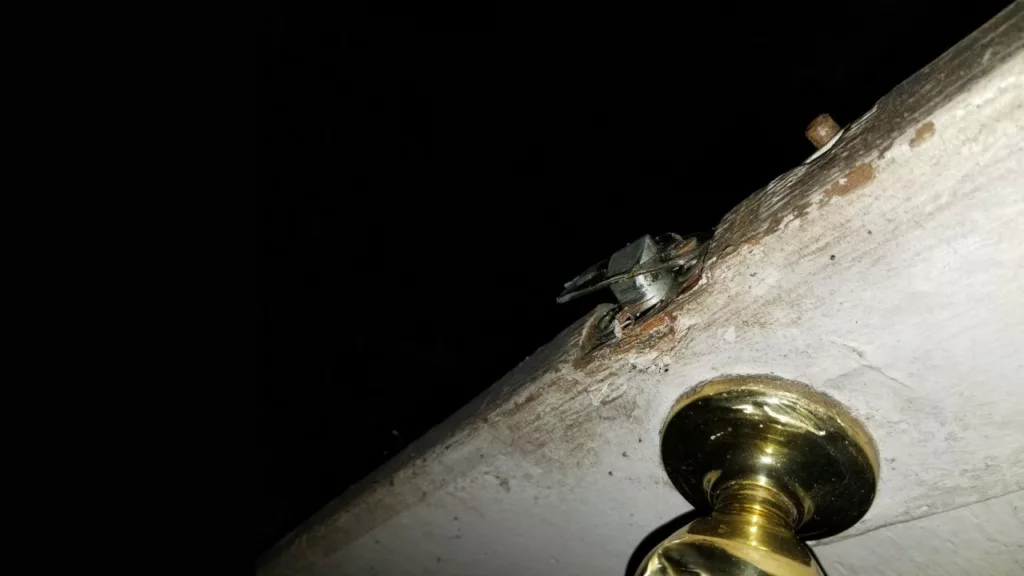
Tenants may want to change their locks if they are outdated, damaged, or malfunctioning. Worn-out or damaged locks can be a security risk, making it easier for intruders to enter the rental unit.
In some cases, locks may be difficult to use or not work at all, which can be frustrating for tenants and make it difficult to access the rental unit. By replacing old or damaged locks, tenants can improve the security of their rental units and ensure that the locks function correctly.
Upgrading to newer locks can also provide tenants with additional features, such as improved durability and resistance to tampering, which can offer greater peace of mind.
Appearance
Tenants may also want to change their locks for aesthetic reasons. Changing the locks can give a rental unit a fresh look and feel, mainly if the current locks are outdated or damaged. With new advances in smart lock technology, tenants can now choose from various sleek and modern lock designs that offer enhanced functionality and convenience.
These new smart locks provide top-notch security and improve ease of use, such as keyless entry and remote access control. Additionally, smart locks can be integrated with home automation systems, allowing tenants to control their locks and monitor their rental unit from their smartphone or other mobile device. By upgrading to a new, modern lock system, tenants can not only enhance the appearance of their rental unit but also enjoy the benefits of improved security and convenience.
Regardless of the reason, tenants should be aware of the legal considerations and requirements for changing locks as outlined in the lease agreement and local laws.
Landlord Harassment
Tenants may want to change their locks if they are experiencing landlord harassment or feel that their safety and security are threatened. Sometimes, a landlord may enter a rental unit without permission or engage in other behaviors that make the tenant feel uncomfortable or unsafe. Changing the locks can give tenants a sense of control and security, particularly if they have concerns about the landlord’s behavior.
In such cases, it is essential for tenants to document any incidents of harassment or unauthorized entry and to communicate their concerns with the landlord or property manager. If necessary, tenants may seek legal advice or take other measures to ensure their safety and security.
Can a Tenant Lock Out a Landlord
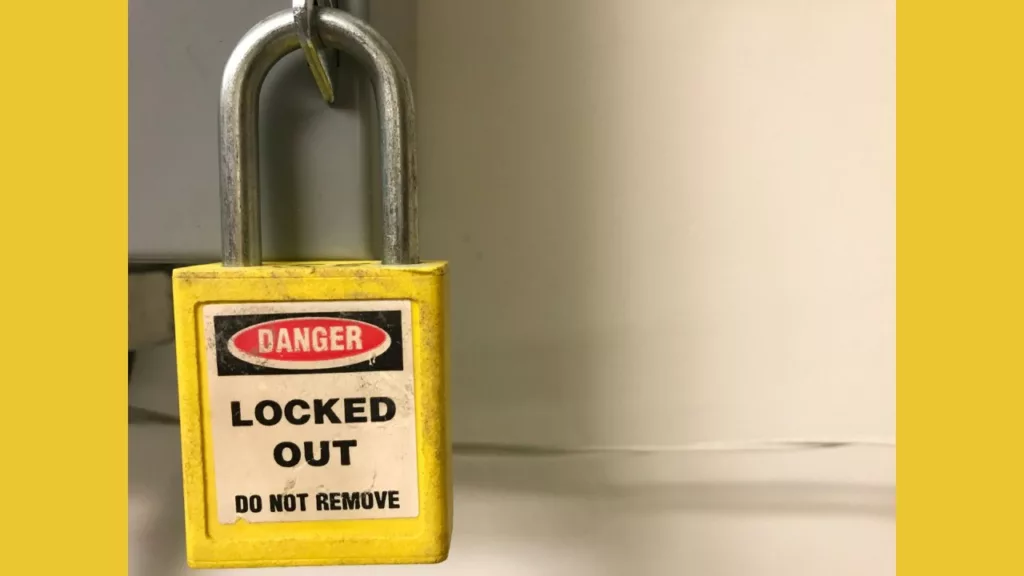
In most cases, a tenant cannot legally lock out a residential landlord from accessing the rental unit. Landlords are typically allowed to access the unit for emergency situations and under certain reasons. Some common reasons are to make necessary repairs, show the unit to prospective tenants, or to inspect maintenance issues. However, in some situations, a tenant may have the legal right to change the locks or restrict access to the rental unit, such as in cases of harassment or illegal eviction.
Can I call the Police if My Landlord Locked Me Out?
If your landlord locks you out of your rental unit, you may be able to call the police for assistance. However, it’s important to note that the police may not always be able to help in this situation, particularly if it is a civil matter rather than a criminal matter.
It is also important to review your rental agreement and local laws to understand your legal rights and obligations, as well as the landlord’s rights, when accessing the rental unit. If you are locked out of your rental unit and unable to resolve the issue with your landlord, seeking legal advice or taking other measures to protect your rights as a tenant may be necessary.
Landlord Changed Locks. Can I break in?
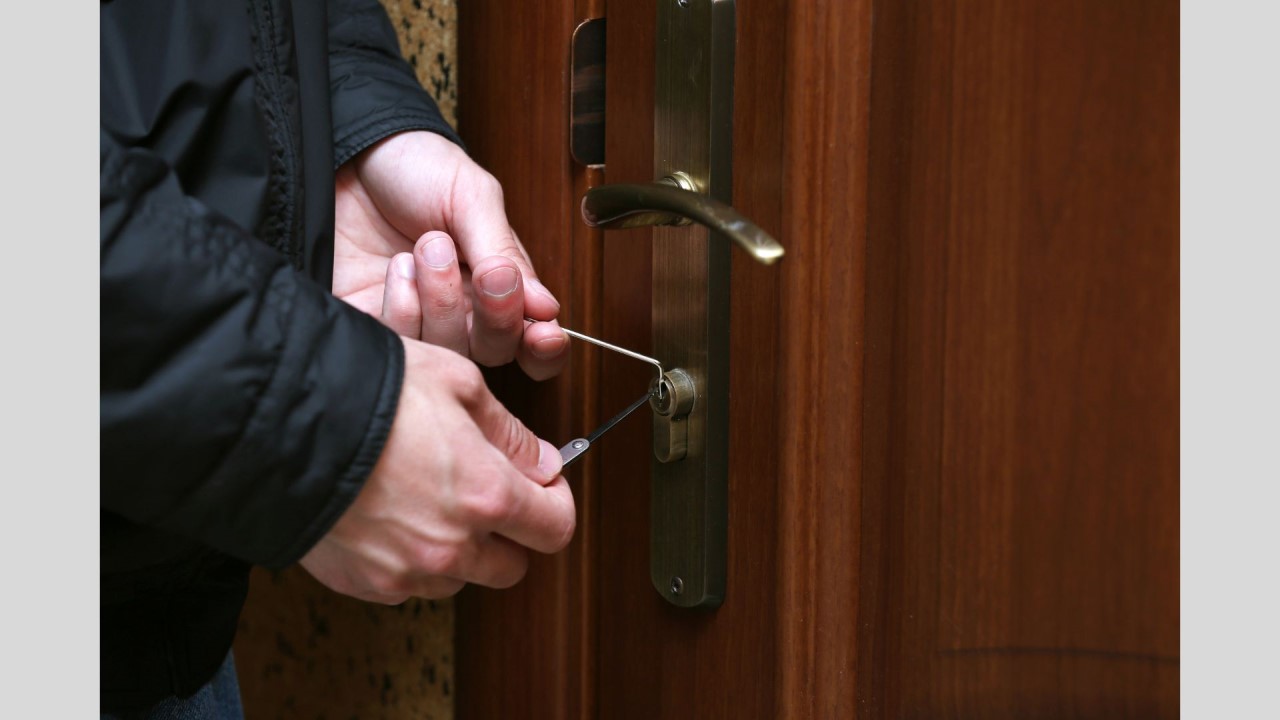
A tenant cannot legally break into a rental unit if the landlord changes the locks. If a rental property owner changes the locks without providing the tenant with a new key or without the tenant’s permission, it may be considered an illegal eviction. In such cases, the tenant may need to take legal action or seek assistance from a local tenant’s rights organization.
Tenants need to understand their legal rights and obligations, as well as the landlord’s rights, when accessing the rental unit. If a tenant cannot access the rental unit due to a lock change or other issue, they should communicate their concerns with the landlord or property manager and seek legal advice if necessary.
What Can Happen to a Landlord if They Lock Out a Tenant?
If a landlord locks out a tenant, they may violate the law and could face legal consequences. Depending on the state and local laws, the tenant may be able to pursue legal action against the landlord for illegal eviction, breach of contract, or other violations.
The landlord may be required to provide the tenant with access to the rental unit, compensate the tenant for any damages or losses from the lockout, or face fines or other penalties. It’s crucial for both landlords and tenants to understand their legal obligations and to communicate effectively to resolve any issues or disputes that may arise.
Who is Responsible for the Cost of Changing Locks?
The responsibility for the cost of changing locks in a rental unit depends on several factors, including who initiated the lock change, the reason for the change, and the terms of the lease agreement.
In general, landlords are responsible for the cost of changing locks between tenants, for extra security or aesthetic reasons, or if the tenant requests the change for a legitimate reason. However, if the tenant changes the locks without notifying or receiving authorization from the landlord, the tenant should sustain the cost.
If a tenant loses their keys and requests a lock change from the landlord, it is at the landlord’s discretion if that should be the tenant’s obligation or not. If a tenant changes the locks and damages the door frame, or fails to preserve the original fittings, they may be responsible for the cost of repair or replacement.
What Should a Landlord do if the Tenant Changes Locks Without Permission?
If a tenant makes a change to the locks without the landlords permission, it can be a breach of the lease agreement and may cause legal issues. The landlord should communicate with the tenant to determine the reason for the lock change and attempt to resolve the issue amicably. If the lock change was due to concerns about safety or security, the landlord may need to take steps to address these concerns or offer alternative solutions.
The landlord should request a copy of the key to ensure that they have access to the rental unit if needed. In some cases, the landlord may need to seek legal advice or take legal action to regain access to the rental unit. Tenants should be aware that they may be responsible for the cost of the lock change and associated repair work if they make changes without the permission of the landlord.
Do Landlords Have to Change Locks Between Tenants?
In most cases, landlords are not required by law to change locks between tenants. However, it is a common practice for landlords to change locks for security reasons or to provide new tenants with a new set of keys. If a landlord does choose to change the locks between tenants, they are responsible for the cost of the lock change.
What is the Best Way for a Landlord to Manage the Locks and Keys?
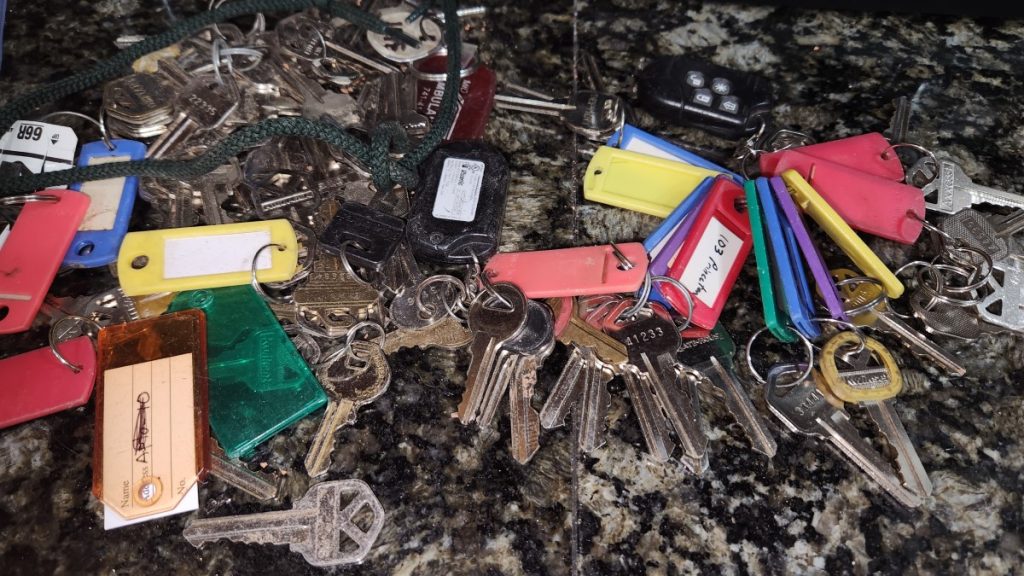
Managing locks and keys is a crucial aspect of being a landlord. It not only ensures the safety and security of the tenants but also protects the landlord’s property. The best way for a landlord to manage locks and keys is by using a key management system that involves re-keyable locks and a limited number of keys. To learn more about this system, take a look at the best way to manage locks and keys for rental properties.
Why You Need a Key Management System
Mismanagement of keys can lead to confusion, lost time, and even lost tenants. By implementing a key management system, you can avoid these issues and ensure that the right key is always at hand. Additionally, it can keep your properties safe by providing anonymity to the keys and ensuring that no unauthorized person has access to them.
The Best Key Management System
The best key management system for landlords is to use re-keyable locks and have a small number of different keys. This system involves using locks that can be easily re-keyed without removing the fixture from the door. When a tenant moves out, the landlord can change the existing lock to use one of their keys.
Benefits Of This Key Management System
Using a key management system that involves re-keyable locks and a limited number of keys makes it easy for landlords to keep track of their keys, reduces confusion, and provides added security. With a small number of keys, landlords can easily give copies to contractors and other professionals that need access to their properties.
Conclusion
A tenant should not change the locks without the landlords permission. Changing locks as a tenant is a complex issue that requires understanding the specific circumstances, state and local laws, and lease agreement terms. While a tenant may want to change the locks for various reasons, it is essential to consider the legal considerations and requirements before making any changes. For instance, a tenant cannot legally lock out a landlord from accessing the rental unit, and a landlord cannot lock out a tenant without consequences.
In most cases, landlords are responsible for the cost of changing locks between tenants, but tenants may have to bear the cost if they change the locks without notifying or receiving authorization from the landlord.
It is crucial for tenants and landlords to communicate effectively to resolve any lock-related issues or disputes amicably. If a tenant changes the locks without permission, the landlord should request a copy of the new keys and seek legal advice or take legal action to regain access to the rental unit if necessary. In contrast, landlords should use a key management system that involves re-keyable locks and a limited number of keys to manage locks and keys effectively.
Tenants must be aware of their legal rights and obligations, consider local and state law, and review the written lease agreement terms before changing locks. Landlords, on the other hand, must communicate effectively with tenants to address any lock-related issues or disputes and use a key management system to manage locks and keys effectively. This ensures the safety and security of both tenants and landlords and protects the landlord’s property.
